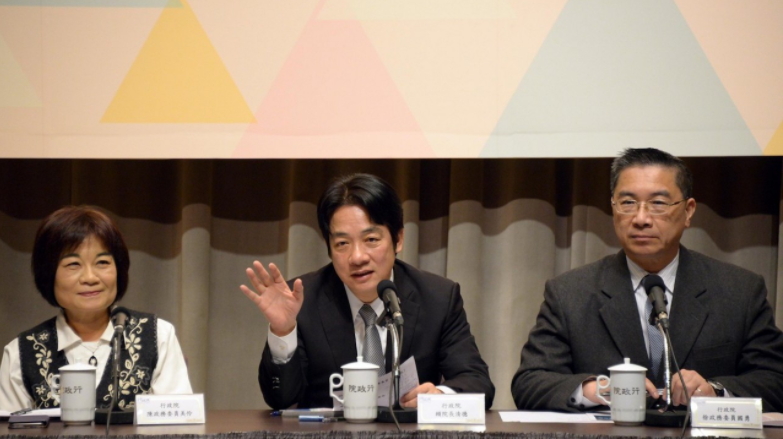Taiwan Aims to Foster its First ‘Unicorn’ Within 2 Years

There are 228 unicorns in the world. That figure effective in February refers not to mythical beasts but to private startups with market capitalization over US$1 billion and often less than 10 years in business.
Taiwan’s government wants some of them now. It’s hoping they can spark an economic renaissance.
Stressing the urgency of the hunt for these beasts, Premier William Lai told a February 22 news conference (Open in new window) that Taiwan can no longer afford to miss opportunities in the internet era.
Taiwan helped usher in the global PC era, Lai said, but it may be too preoccupied now with contract work to prosper in newer high-tech subsectors such as artificial intelligence, unmanned vehicles and medicine.
Speaking at the same press conference National Development Council Minister Chen Mei-ling pledged that Taiwan would have its first unicorn in two years and another three in six years.
How Taiwan will raise unicorns
Lai’s cabinet has directed government ministries to implement an action plan that would improve the investment environment for Taiwanese startups.
As part of the plan, the month-old Act for the Recruitment and Employment of Foreign Professionals will offer tax benefits, healthcare and retirement perks to skilled foreign workers.
Recruiting talented foreigners to work in Taiwan could help local startup expand into overseas markets where they otherwise may have little familiarity due to language or customs. Given Taiwan’s tiny market size, it’s highly likely that a unicorn would need to forage afield to support itself.
The Ministry of Foreign Affairs and the Ministry of Economic Affairs are drafting plans, modeled on Israel, for luring startups, startup accelerators, and venture capital firms to settle in Taiwan.
The economic affairs ministry has been charged with turning the Linkou artist village in suburban Taipei into a startup base as well as a demonstration ground for startup advancements in AI, IoT, and other new technologies.
Taiwan’s Ministry of Science and Technology will also be tasked with recruiting and training internationally competitive start-ups.
Taiwanese start-ups received 10 billion Taiwan dollars (US$341,000) in government funding last year. The National Development Council hopes to raise that amount by NT$5 billion annually over next five years.
Taiwan’s additional funding and lighter restrictions should position Taiwan not only as a fertile breeding ground for unicorns but also as a stronger center of innovation in Asia, Lai said.
〔Original :Meet Startup @TW〕